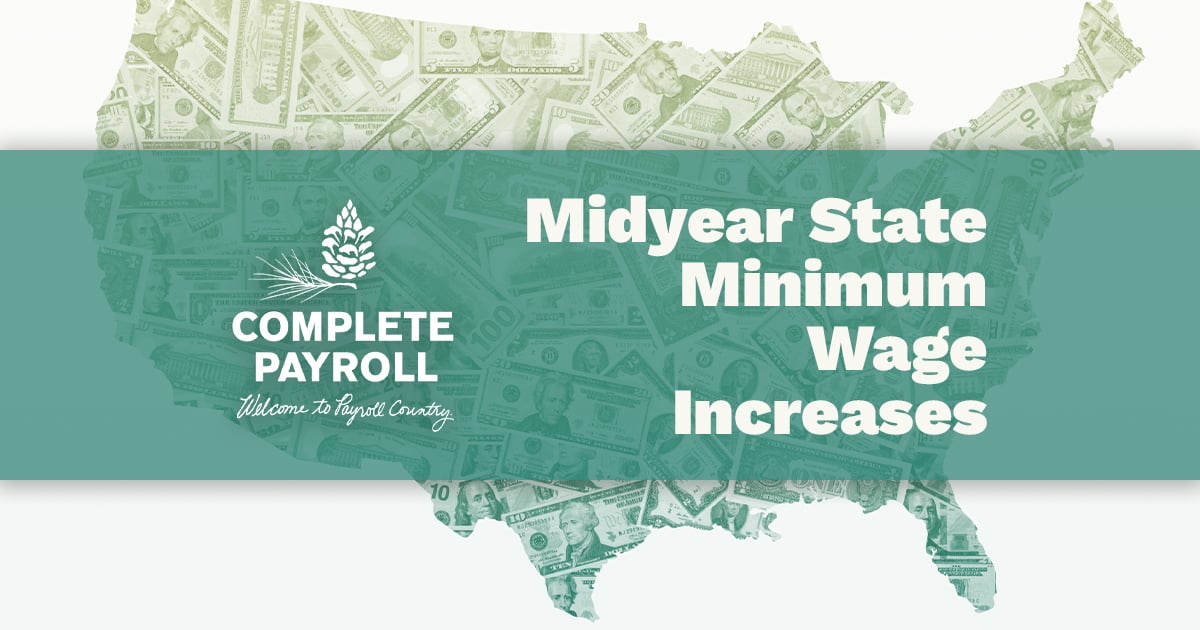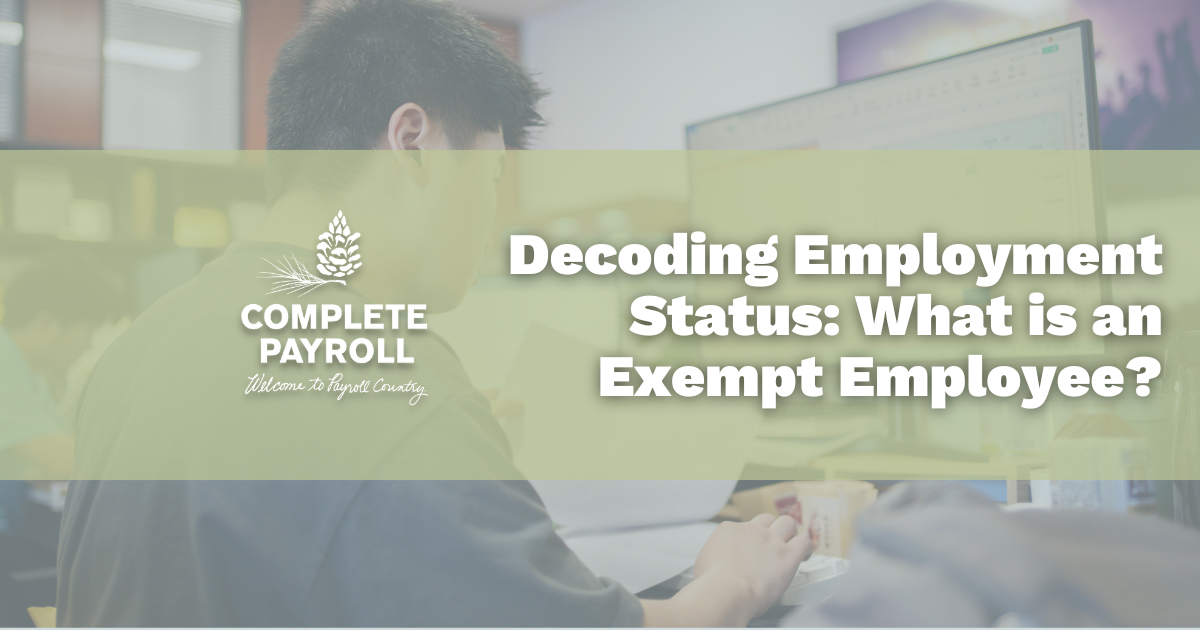One of your responsibilities as an employer is ensuring your employees are paid correctly. Understanding changing requirements like exempt minimum salary thresholds can ensure you stay on the right side of labor laws.
What Makes an Employee Exempt or Nonexempt?
Exemptions come down to how an employee must be paid. Nonexempt employees need to receive at least the federal minimum wage of $7.25 per hour, and must be paid overtime when working over 40 hours. Exempt employees are salaried employees, and these specific FLSA rules do not apply to them.
Exempt employees are those who receive a salary who are not covered by Fair Labor Standards Act benefits like overtime pay or a guaranteed minimum wage.
There are specific characteristics an employee needs in order to qualify as an exempt employee. These include things like:
- Their level of authority in a business.
- Their job role and definition.
- How they are paid.
- Their place of employment.
- How much they're paid.
Understanding what makes an employee exempt helps employers be sure they are compensating their valuable employees fairly.
For example;
Susan, a senior copywriter in her company's marketing department. Her $50,000 a year salary puts her well above the $684 per week minimum salary to meet the FLSA Exempt Salary Threshold. If she's sick and can't come to the office for the week, she's still paid her full salary. Her job requires creative professional skills in a recognized field. All of this checks off the boxes for legally considering her an exempt employee.
Heather, the most junior member of Susan's department, just finished college. She has some copywriting and design duties, but spends most of her time doing admin assistance. Her salary of $32,000 puts her under the threshold for exempt pay. By law, she must be paid at least minimum wage for all hours worked. If she goes over 40 hours a week, she needs to receive overtime pay at time and a half.
Exempt Employee Regulations
Payroll compliance for exempt employees means ensuring they are making the minimum and that their role in the company satisfies the exempt employee rules.
What about employees who make at least part of their income from incentives or bonuses? This can include managers who get a bonus when profits exceed certain levels.
These employees can still be exempt as long as nondiscretionary bonuses and incentive payments make up no more than 10% of their totally annual compensation for the job.
Other Exemptions
There are other employees who may be exempt from minimum wage and overtime requirements. This is because of the structure and duties of specific jobs.
Someone who works in mass transit, such as a taxi driver, airline employee, or local delivery driver, may be paid a trip-specific rate instead of being paid per hour or on salary.
People who work in retail or service businesses where they make the bulk of their income through commission instead of through hourly pay may also be exempt.
These employees are paid outside the usual hourly or salary structure in these cases.
Does the Minimum Salary for Exempt Employees Change?
The minimum salary is currently $684 per week. But, this number changes when the Department of Labor sets new rules.
On August 30, 2023, the DOL published a proposed rule that, if it's finalized, will increase the minimum exempt salary sometime in 2024. The new minimum salary will go up to $1,059. This adds up to a minimum annual salary of $55,068.
Check out local and state laws, as well. The exemptions above are for federal DOL rules. Your state or municipality may have higher minimums or may have more specific requirements for who can and cannot be considered exempt.
Many states also have higher minimum wages than the federal minimum wage. Nonexempt employees must make at least the state minimum wage for all work hours.
Summing Up
Understanding which employees must receive minimum wage and overtime helps you ensure you are paying for your employee's time in a way that is fair and compliant with compensation laws.
If your employees' work varies, or if their job doesn't always come in at a neat 40 hours a week, check to ensure you are in compliance. If you aren't sure, consult an expert to check that you comply with applicable rules.

















 Get Instant Blog Notifications
Get Instant Blog Notifications

